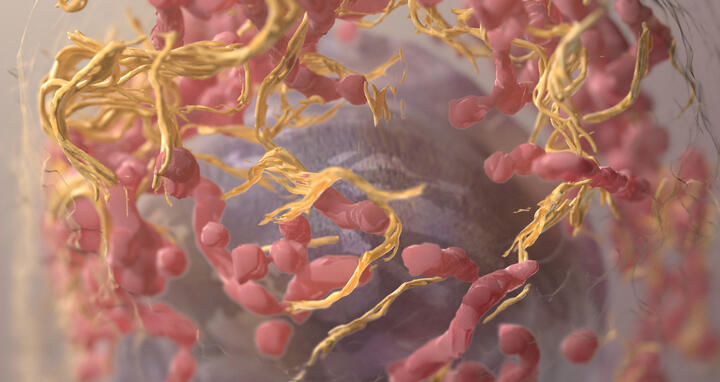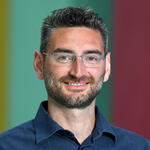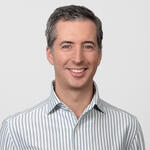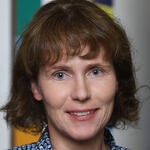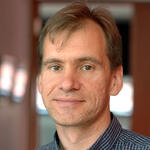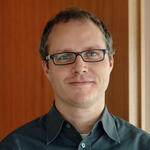World Cancer Day: Ask the experts at the MDC
Not all cancers are the same. Not even all cells within a tumor are the same. Instead, they undergo a rapid evolution, with cancer stem cells metastasizing and cancer cells tricking the body’s immune system. Rather than categorizing cancers by organ, the molecular signature of tumor cells has come to play an increasingly important role in cancer treatment.
What are the trends in basic cancer research? What is likely to undergo clinical trials soon? How can existing cancer therapies be improved and what is just hype? Experts at the Max Delbrück Center for Molecular Medicine in the Helmholtz Association can answer these and other questions. The scientists listed below are available for media inquiries.
Experts
Professor Walter Birchmeier
- Cancer stem cells
- Organoids in basic cancer research
- Wnt signaling pathway
- +49-(0)30-9406-3800, wbirch@mdc-berlin.de
- Website of the research group “Signal Transduction in Development and Cancer
Dr. Gaetano Gargiulo
- Tumor homeostasis
- Glioblastoma
- +49-(0)30-9406-3861, Gaetano.Gargiulo@mdc-berlin.de
Dr. Anton Henssen, ECRC (MDC und Charité – Universitätsmedizin Berlin)
- Cancer in children, especially the role of ring-shaped DNA in pediatric neuroblastoma
- +49-(0)30-450-540395, Anton.Henssen@charite.de
Professorin Uta Höpken
- Tumor microenvironment as a regulator and target of therapies for leukemias and lymphomas
- Development of CAR T cell-based immunotherapies to treat leukemias and lymphomas
- +49-(0)30-9406-3330, uhoepken@mdc-berlin.de
Dr. Armin Rehm
- Cellular immunotherapies using CAR T cells (preclinical: identification of new targets; clinical: therapies for hematological tumors, development of production processes)
- Role of the tumor microenvironment in lymphoma and leukemia development as well as in tumor recurrence
- +49-(0)30-9406-3817, arehm@mdc-berlin.de
Professor Claus Scheidereit
- The NF-kB protein and its role in harmful inflammation, cell proliferation and cell death
- Preclinical investigation of targeted inhibitors designed to improve chemo- and radiotherapies
- +49-(0)30-9406-3816, scheidereit@mdc-berlin.de
Professor Clemens Schmitt, MDC und Charité – Universitätsmedizin Berlin
- Malignant diseases of the hematopoietic system, especially lymphoma
- Development of new treatment concepts based on stress-related biological tumor cell-state changes
- Research in cancer cell biology at the intersection of geriatric medicine
- +49-(0)30-450-553-896, clemens.schmitt@charite.de
Dr. Roland Schwarz
- Tumor heterogeneity
- Rapid evolution of cancer cells
- +49-(0)30-9406-3200, roland.schwarz@mdc-berlin.de
Professor Wolfgang Uckert
- Immunotherapy against cancer using genetically modified T lymphocytes (TCR gene therapy)
- Development of efficient vector systems to genetically manipulate T lymphocytes
- Establishment of safety modules for immunotherapy
- +49-(0)30-9406-3196, wuckert@mdc-berlin.de
Further information
Contact
Jana Schlütter
Editor, Communications Department
Max-Delbrück-Centrum für Molekulare Medizin in der Helmholtz-Gemeinschaft (MDC)
+49-30-9406-2121
jana.schluetter@mdc-berlin.de oder presse@mdc-berlin.de
- The Max Delbrück Center for Molecular Medicine (MDC)
-
-
The Max Delbrück Center for Molecular Medicine in the Helmholtz Association (MDC) was founded in Berlin in 1992. It is named for the German-American physicist Max Delbrück, who was awarded the 1969 Nobel Prize in Physiology and Medicine. The MDC’s mission is to study molecular mechanisms in order to understand the origins of disease and thus be able to diagnose, prevent, and fight it better and more effectively. In these efforts the MDC cooperates with Charité – Universitätsmedizin Berlin and the Berlin Institute of Health (BIH) as well as with national partners such as the German Center for Cardiovascular Research (DZHK) and numerous international research institutions. More than 1,600 staff and guests from nearly 60 countries work at the MDC, just under 1,300 of them in scientific research. The MDC is funded by the German Federal Ministry of Education and Research (90 percent) and the State of Berlin (10 percent), and is a member of the Helmholtz Association of German Research Centers.
www.mdc-berlin.de

